Cancer Screening and Prevention
Cancer is a topic most of us would rather not think about. But you can take an active role in preventing cancer with screening tests. We offer the most advanced screening tests to help prevent cancer or detect it in the early stages, when it’s easier to treat.
BJC HealthCare works with Washington University physicians, BJC Medical Group, and providers across the region to deliver extraordinary care. Siteman Cancer Center and the Missouri Baptist Cancer Center are two programs accessible through BJC HealthCare. Catching cancer early is one of the best ways to take charge of your health.
When you to come to us for cancer screening and prevention, you can expect:
Cancer expertise: Cancer specialists, who are respected leaders in their field, provide the most advanced cancer screenings available and provide complete follow-up care when needed.
Accessible care: We offer mobile mammography vans, programs for low-income patients and multiple convenient screening locations across the region.
Support and compassion: Cancer screening tests can stir up strong feelings and stress. We explain what to expect from each test, answer your questions and provide emotional support.
National recognition: Siteman Cancer Center, is designated as a Comprehensive Cancer Center by the National Cancer Institute. This designation means that our experts identify and treat the widest range of cancer types. It is the only center within 240 miles of St. Louis to earn this designation.
Clinical trials: Siteman Cancer Center is home to a leading cancer research program where we are discovering new, innovative cancer tests and treatments. Our patients have access to many of these lifesaving breakthroughs before they’re widely available.
New guidelines say younger people should get screened for colorectal cancer.
Our skilled providers offer the full range of cancer screening services to give you peace of mind. We discuss your screening needs with you so you can make an informed decision. Together, we create a customized cancer prevention plan that meets your needs.
Our cancer screening and prevention options include:
A colonoscopy is a test to check for colorectal cancer, which is the third leading cause of cancer-related death in the United States. During a colonoscopy, your provider examines your colon and rectum using a thin tube and tiny camera. A colonoscopy can detect colorectal cancer in its earliest stages, including precancers that would turn into cancer later.
Most adults should begin colorectal cancer screening at age 45. However, you may need to begin screening at a younger age if you have a higher risk of colorectal cancer. Talk with your provider about your risk so you can plan your colorectal cancer screening schedule.
A low-radiation-dose computed tomography (CT) scan is a painless test that can find lung cancer in its early stages. This test offers potentially lifesaving benefits for some people with a high risk of this cancer.
You may need a lung cancer screening if you:
Have a smoking history of at least 20 pack-years
Currently smoke or have quit within the past 15 years
Are between 50 and 80 years old
A pack-year is smoking one pack of cigarettes per day for one year. For example, you have a history of 20 pack-years if you smoked:
One pack a day for 20 years
Two packs a day for 10 years
If you meet all three criteria above, talk with your healthcare provider. Together, you can discuss the benefits and risks of lung cancer screening and decide if it’s right for you. All lung cancer screenings require a referral from your provider.
Mammography is the most effective breast cancer prevention tool available. A mammogram is an X-ray that can find breast cancers that are too small to be felt. At BJC, your mammogram is read by experienced, board-certified radiologists.
Types of mammograms we provide include:
3D screening mammography: Also known as tomosynthesis, 3D screening mammograms check for cancer when you have no symptoms or problems. Our screening mammograms offer the highest resolution breast scans available. Traditional mammography machines produce one flat picture, but 3D mammography produces layers upon layers of high-resolution images. Our radiologists examine your digital mammogram page by page, layer by layer, to look for suspicious masses. This high level of detail can reveal even the smallest cancers sooner.
Diagnostic mammograms: This type of mammogram provides more detail about a suspicious area in your breast. Your provider may order a diagnostic mammogram if you have a lump in your breast or if your screening mammogram showed a suspicious area.
Most women should begin regular mammography testing by age 45, but you may choose to begin at age 40. However, people with a higher risk of breast cancer may need to begin before age 40. Talk with your provider about when you should begin breast cancer screening.
We make it easy to fit mammograms into your life. BJC provides online mammogram scheduling and same- or next-day appointments at many of our Breast Care Centers across the region.
Before the Pap test was developed, cervical cancer used to be one of the top cancer-related deaths for women in the United States. Today, thanks to this screening, rates of cervical cancer are significantly lower. This test can detect cervical cancers in their early stages, when they’re easier to treat.
During a Pap test, your provider uses a cotton swab to collect a few cells from your cervix (bottom of your uterus). They send the sample to a lab to check for cell changes that can become cervical cancer.
Depending on your health needs, your provider may take a second swab to test for human papilloma virus (HPV). HPV is a sexually transmitted infection that can lead to cervical cancer and other gynecologic cancers.
Women should begin receiving Pap tests at age 21. Talk with your provider about how often you need a Pap and HPV test. Getting the HPV vaccine is another way to reduce your risk of HPV-related cervical cancer.
The prostate is a gland below your bladder that makes fluid for semen. Prostate cancer is more likely to affect men over the age of 65. Prostate cancer can be a serious disease, but most men who get this cancer do not die from it.
Not everyone needs to be screened for prostate cancer. However, men at higher risk may benefit from a prostate specific antigen (PSA) test. This test measures a protein in your blood that can signal a higher risk of getting prostate cancer.
Ask your provider about your prostate cancer risk and a PSA test if any of the following apply to you:
Are Black and non-Hispanic
Are age 40 or older
Have a father or brother with prostate cancer
Have certain gene variants, including the BRCA1 and BRCA2 genes
Skin cancer is the most common cancer in the U.S. Thankfully, screening for this cancer is painless and noninvasive. Your provider can identify skin cancers early with regular skin exams.
During a professional skin exam, your doctor or nurse checks your skin for moles, marks or patches that look like possible cancer. Your provider may want to take a sample (biopsy) or remove any areas that are:
Changing in size, shape, color or texture
Different from other moles on your body
Itchy or bleeding
New (recently appeared)
Anyone can get skin cancer, but sun exposure plays a major role. You have a higher risk of skin cancer if you:
Have had at least one sunburn during your lifetime
Live in a climate with a high amount of year-round sun
Spend a lot of time outside during the day without sun protection
Use tanning beds
Other factors, such as having lighter skin or a family history of skin cancer, may also raise your risk. Talk with your provider about your skin cancer risk and how often you should get a professional skin exam.
 Alton Memorial Hospital
Alton Memorial Hospital Barnes-Jewish Hospital
Barnes-Jewish Hospital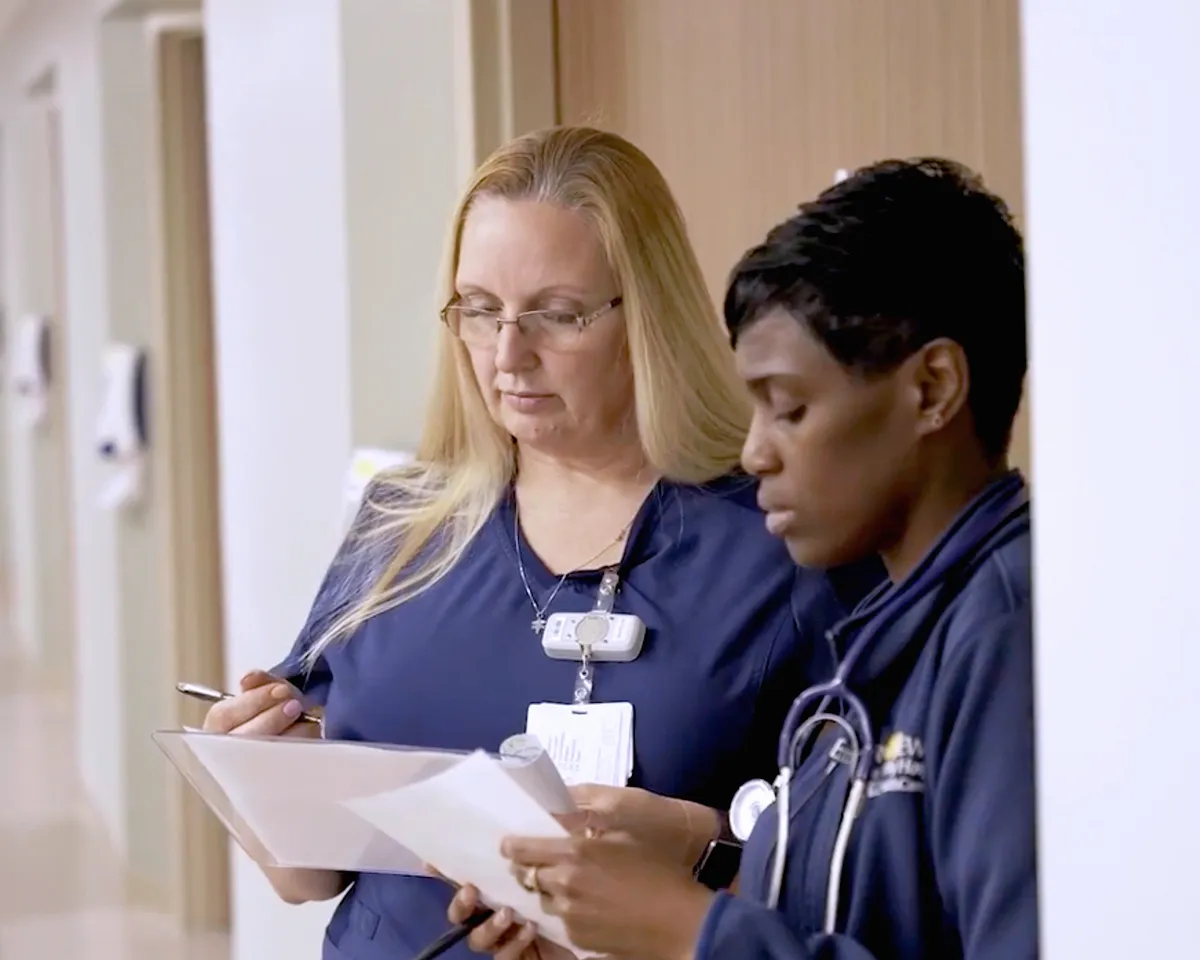 Barnes-Jewish St. Peters Hospital
Barnes-Jewish St. Peters Hospital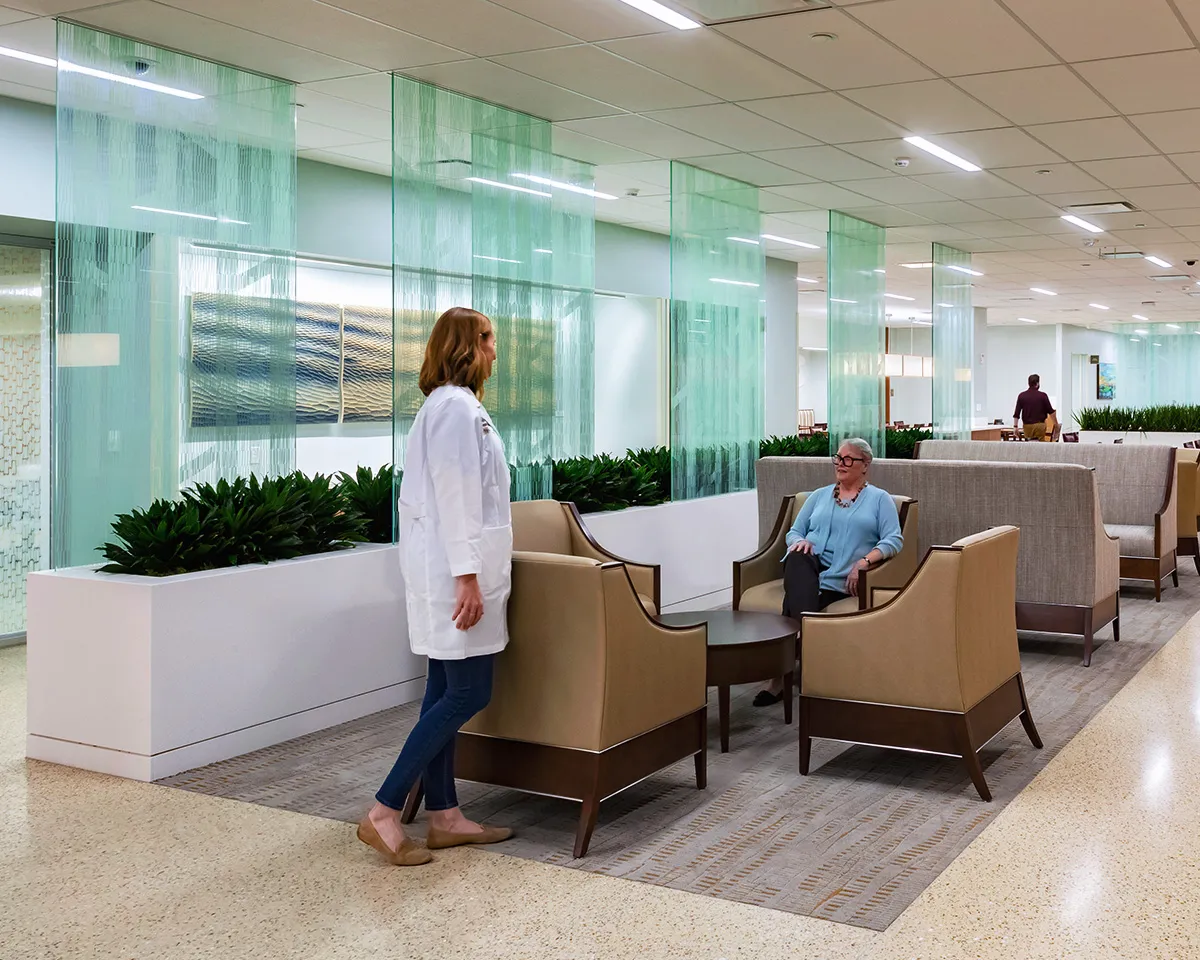 Barnes-Jewish West County Hospital
Barnes-Jewish West County Hospital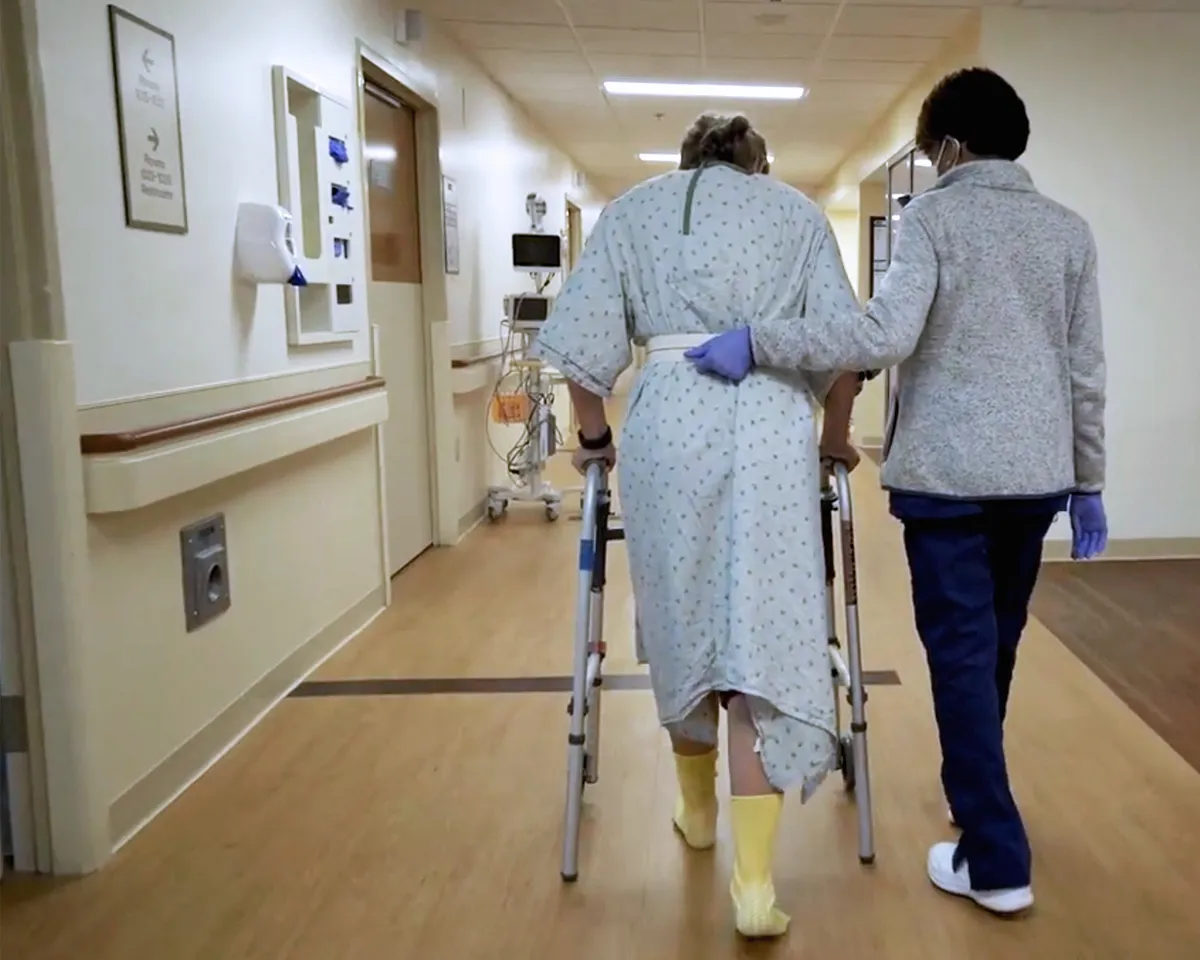 Christian Hospital
Christian Hospital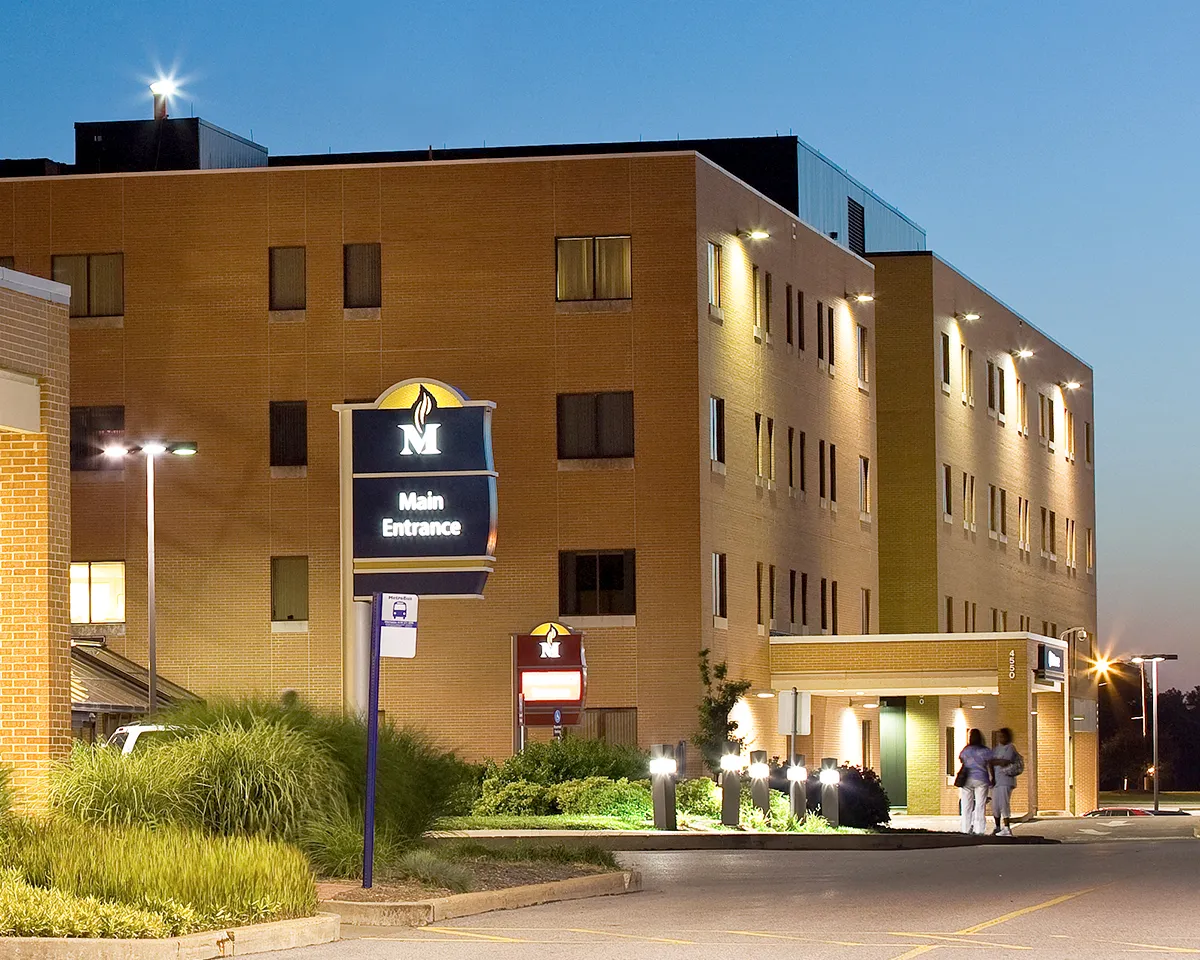 Memorial Hospital Belleville
Memorial Hospital Belleville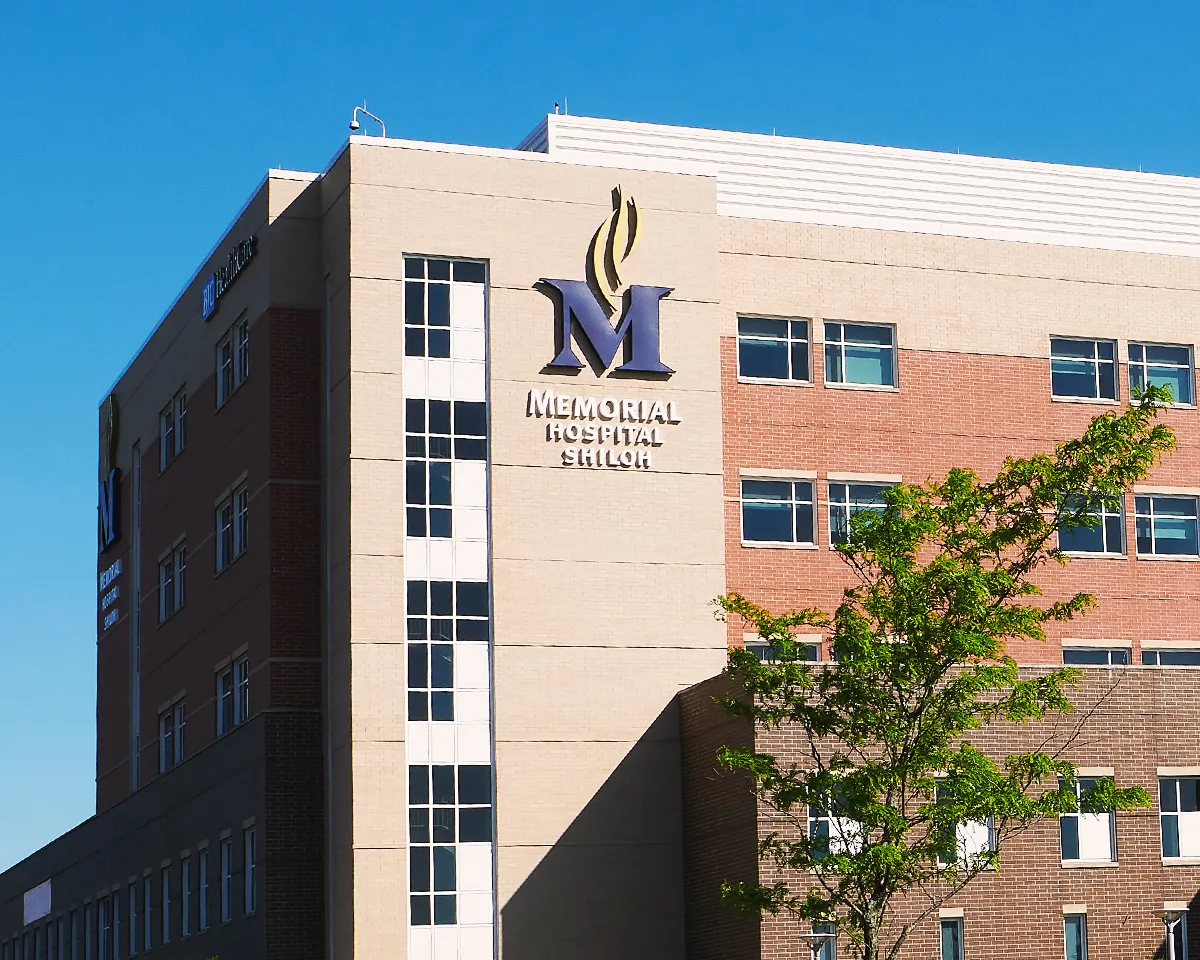 Memorial Hospital Shiloh
Memorial Hospital Shiloh Missouri Baptist Medical Center
Missouri Baptist Medical Center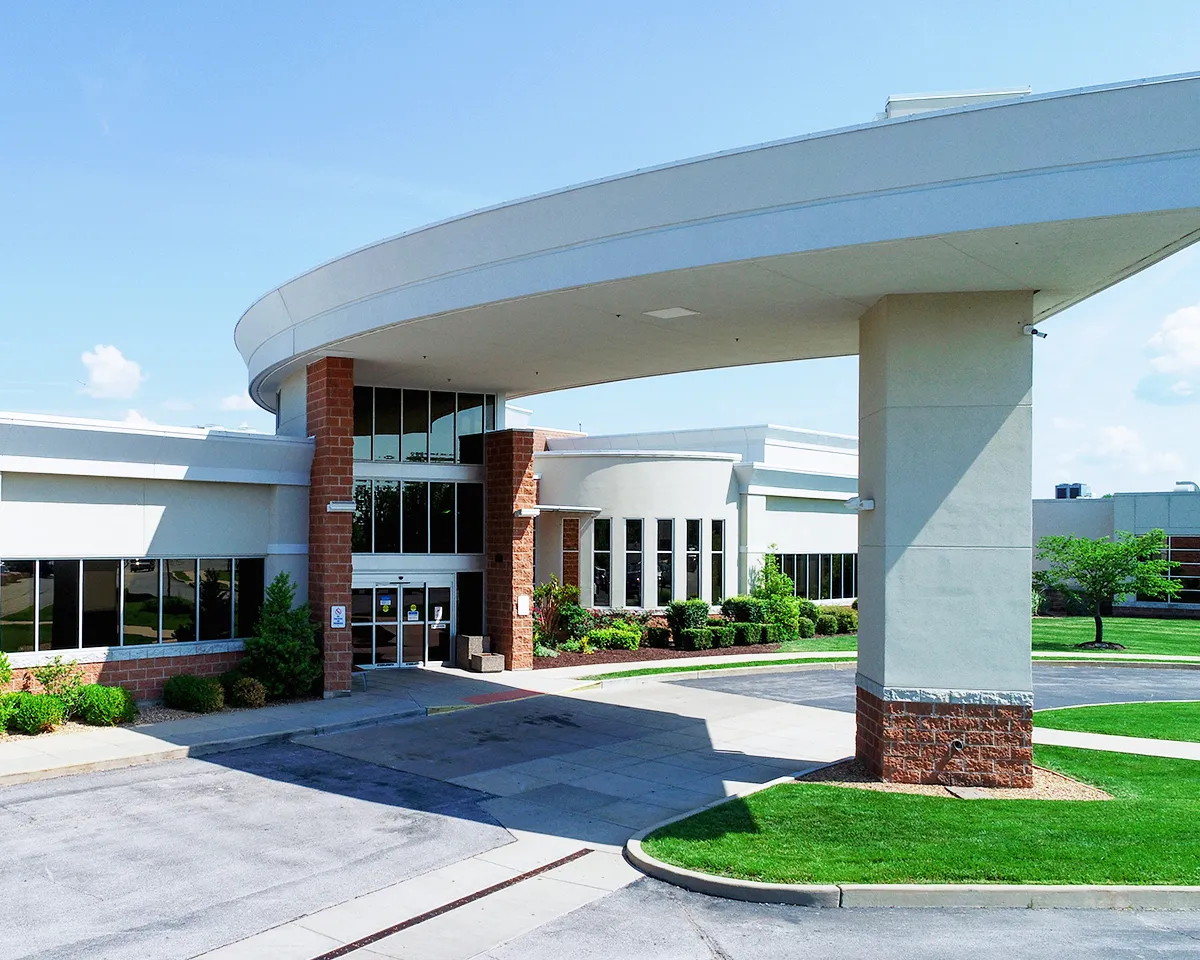 Missouri Baptist Sullivan Hospital
Missouri Baptist Sullivan Hospital Northwest HealthCare
Northwest HealthCare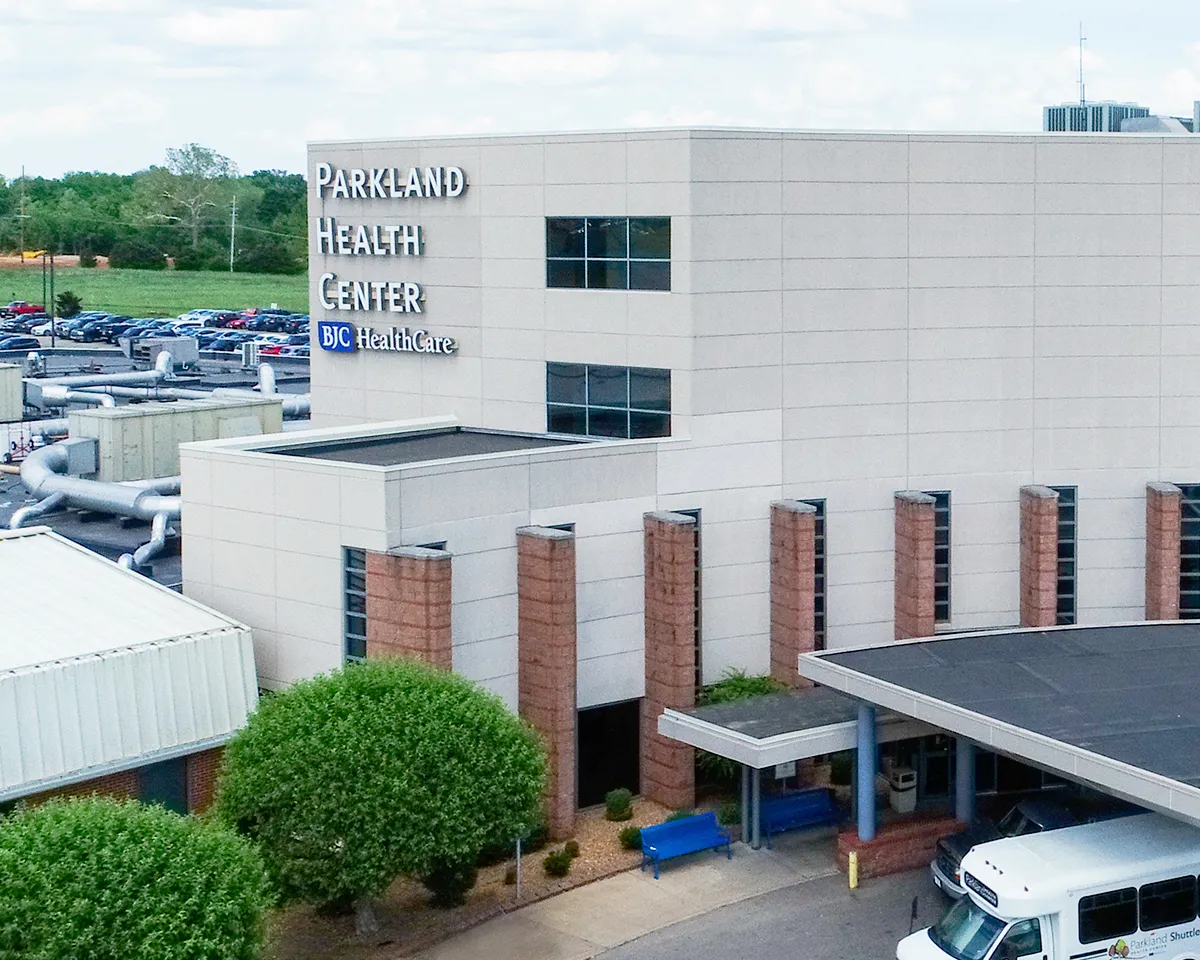 Parkland Health Center
Parkland Health Center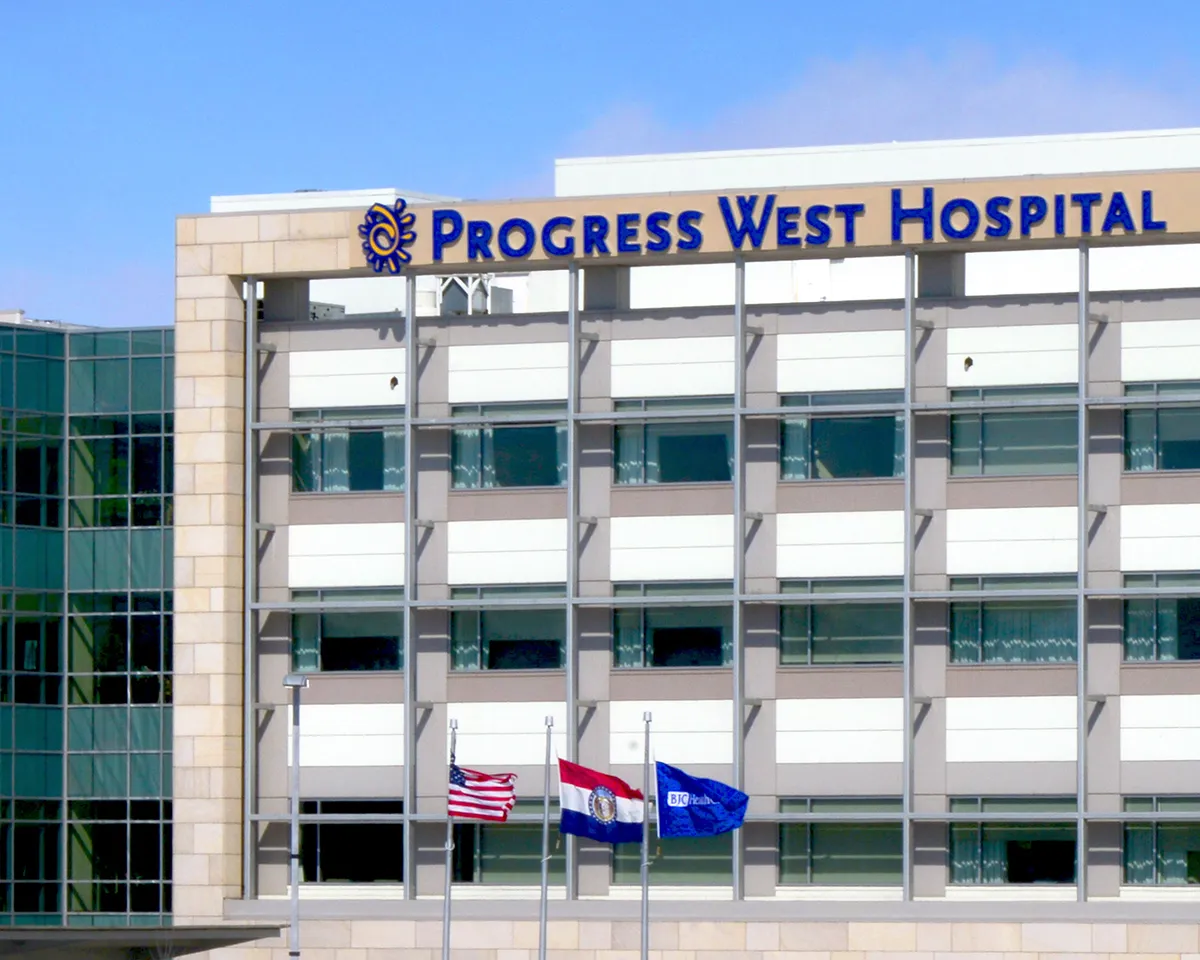 Progress West Hospital
Progress West Hospital
- Resource
Schedule your appointment
Call (314) 362-9355 or (800) 392-0936 to schedule your appointment with a specialist.